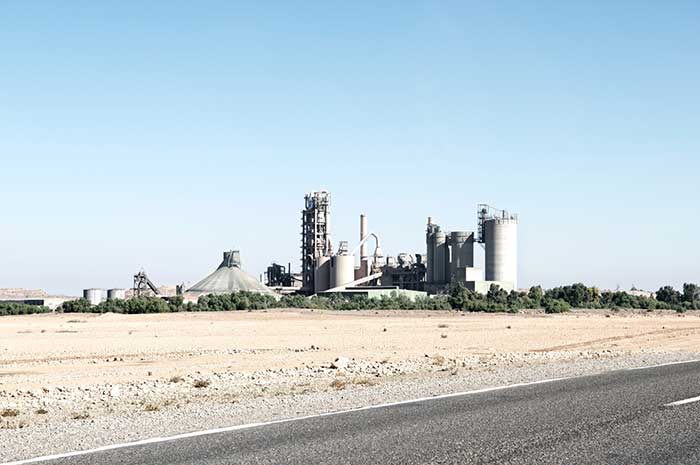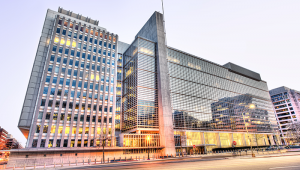web_miningafrica_istock_000034384984_medium.jpg

The extractive industries were a key culprit in Africa's "haemorrhaging" of funds, the report said.
In a report titled How the World Profits From Africa’s Wealth, the charities said African countries received $161.6bn in loans, remittances and aid each year, but lost $203bn through tax avoidance, debt payments and resource extraction, creating a $42bn deficit.
Some $68bn was lost through capital flight, mainly by multinational companies “deliberately misreporting the value of their imports or exports to reduce tax”, while $18bn went on debt interest and principal payments and some $29bn was stolen through illegal logging, fishing and the trade in wildlife and plants.
Aisha Dodwell, a campaigner with Global Justice Now, one of the organisations that published the report, highlighted that it challenges the narrative that “Africa is poor and needs our help”.
“This research shows that what African countries really need is for the rest of the world to stop systematically looting them,” she said. “While the form of colonial plunder may have changed over time, its basic nature remains unchanged.”
The report, which excludes North Africa, said the British government bore a special responsibility for sub-Saharan African losses because “it sits at the head of a giant network of overseas tax havens facilitating this – something that could easily become a greater problem post-Brexit”.
It said Africa ought to be rich given its mineral wealth, skilled workers, new businesses and biodiversity, yet “much of the continent’s wealth is being extracted by those outside it”.
Some losses could not easily be quantified, it continued, for example from trade policies under which unprocessed agricultural goods are refined abroad.
Aid should be reconfigured as ‘reparations’ for extraction of wealth and set to reflect Africa’s losses, “not some arbitrary rate set by governments out of their own ‘generosity’”, the charities said.
Economic policies should also be recast, they argued, so they lead to equitable development.
Despite sub-Saharan Africa’s economy growing at 5% in recent years, poverty has remained deep and continues to rise. Meanwhile, western governments have pressed for trade and investment liberalisation and privatisation, which the report said had enriched foreign investors rather than Africans.
But it also said African governments should stop relying on extractive industries, in particular where these failed to pay adequate tax.
“African governments should de-prioritise extractives and focus on promoting other forms of economic activity that foster sustainable and inclusive growth,” the report urged.
The coalition of UK and African organisations that worked on the report included Global Justice Now, Health Poverty Action, the Uganda Debt Network and the Integrated Social Development Centre (ISODEC).
Bernard Abada, policy analyst with ISODEC Ghana, said: “’Development’ is a lost cause in Africa while we are haemorrhaging billions every year.
“Some serious structural changes need to be made to promote economic policies that enable African countries to best serve the needs of their people.”













